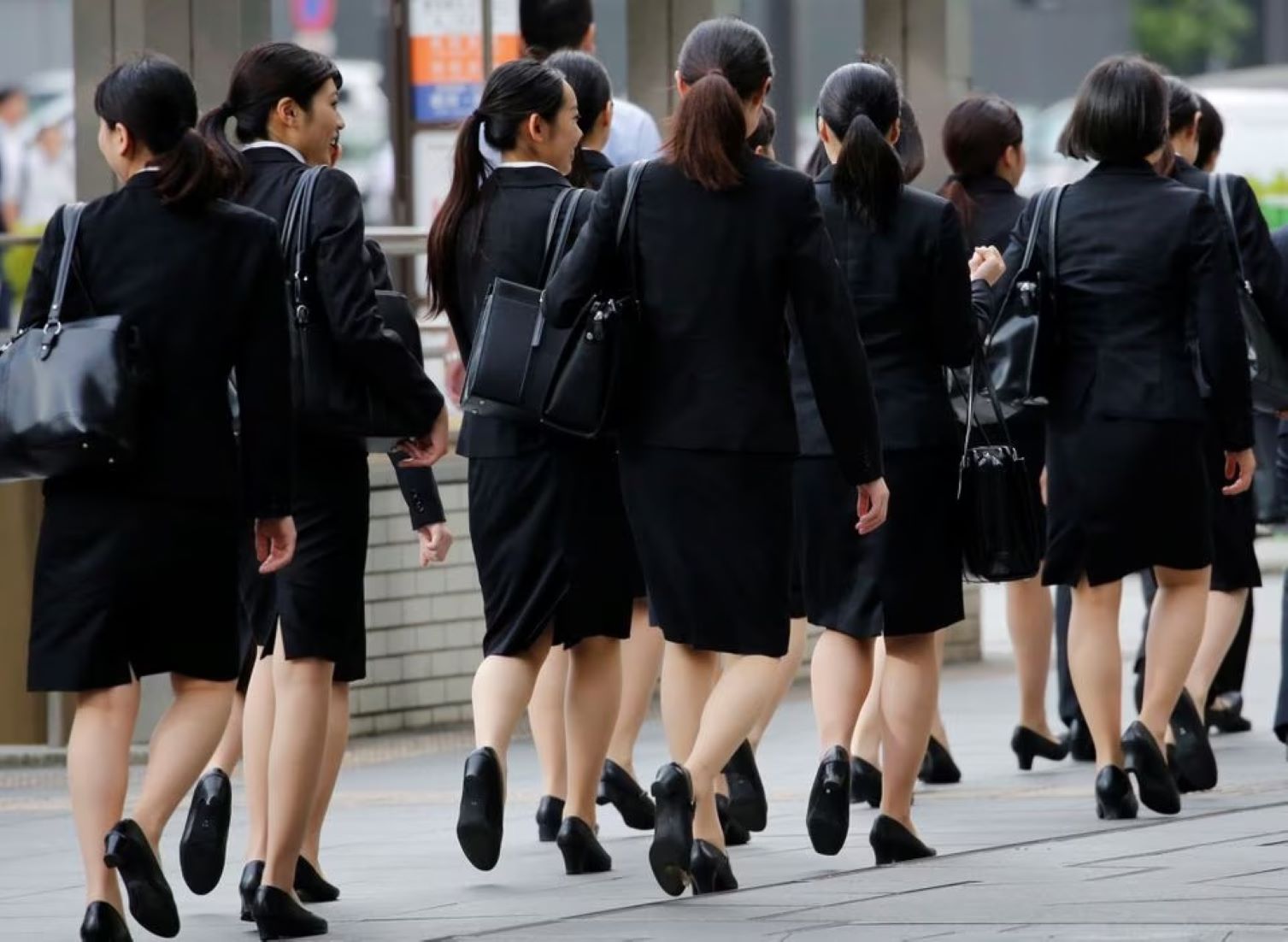TOKYO, Jun 6 (NNN-NHK) – The Japanese government, yesterday, set a target of achieving a minimum ratio of 30 percent female board members, in the country’s major listed companies by 2030, as part of a preliminary set of policies to advance gender equality.
The draft policy package, unveiled yesterday by the Council for Gender Equality of the Cabinet Office, is scheduled to be approved by the government, by the end of this month.
It aims to ensure that Japan’s leading listed companies, specifically those on the Prime Market of the Tokyo Stock Exchange, have at least one female board member by approximately 2025.
According to the Cabinet Office, about 18.7 percent of Japanese firms listed on the Prime Market had no female board members, as at the end of Jul, 2022, and only 2.2 percent of the companies had over 30 percent of executive roles filled by women.
The government plans to encourage these companies, through the Tokyo Stock Exchange, to implement these regulations by this year.
The draft policy package also emphasises the importance of enabling male employees to take paternal leave, and proposes the establishment of a system to support families in maintaining income, while working reduced hours until their child reaches the age of two.
Enhancing measures, to protect women from sexual assault and other forms of violence, both within relationships and from other sources, is another key component of the draft, alongside initiatives to prevent workplace harassment.
Japan ranked 104th among 190 nations and regions, in a report on economic opportunities for women, released by the World Bank in March, and placed 116th among more than 140 countries and regions, in the gender gap rankings, compiled by the World Economic Forum in 2022, local media reports showed.
Meanwhile, Japan’s health ministry data showed, the number of babies born in Japan in 2022 slipped for the seventh consecutive year to a record low, falling under 800,000 for the first time, since records began in 1899.– NNN-NHK






